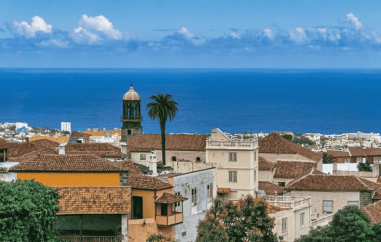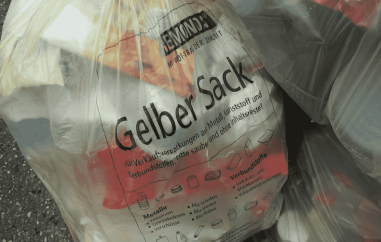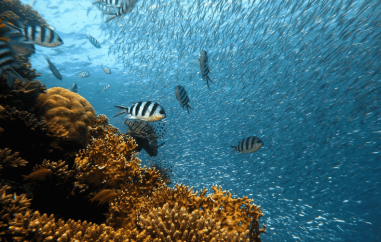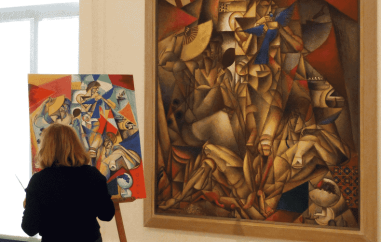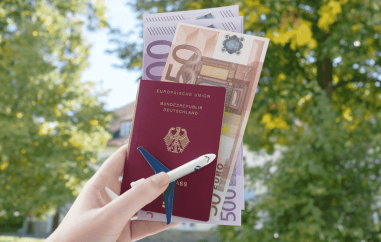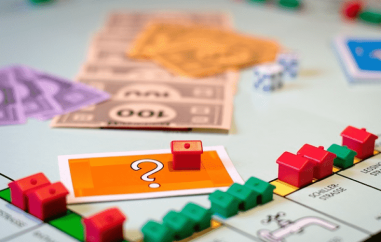Germany-Greece: It's still only a Game
There is a football match this Friday night. A big one, no a BIG one. Whichever team wins will be only two more victories from raising the trophy as champions of Europe. Fouls and tackles will be committed, big saves and bigger goals will be scored, and both sides will promisingly "leave it all out on the pitch". The big bad Germans take on the little country that would, Greece, and for many players and people of the latter it will finally give them a chance to show Europe and the world that winning the European Championships of 2004 was no simple blip on the radar. Greece will finally get a chance to reaffirm to a disbelieving world that this small country of approximately 11 million people is as equally important in Europe as one with more than 80 million.
For the thousands of Greeks who live in Germany (over 23,000 in Munich alone) but cannot ever call it home, it has been a difficult journey for the last 50 years. Brought in to rebuild Germany after the second World War, they did just that, helping to create one of the truly great countries of the developed world. But after finishing their laborious activities, they were expected, or prodded even, to return to their homes in Greece, with a few pocketfuls of money and a big thank you. However, many stayed for an assortment of reasons, but none included the weather. When they stayed they were never really treated with respect. Instead they were considered poor, truant, and uneducated among other things. Recently, the Euro debt crisis has only exasperated the feeling of many Germans that the Greeks were indolent and disorganised. The impetuses for this are found everywhere throughout Germany.
But the truth tells another story. According to the Organisation for Economic Co-operation and Development (OECD), Greeks work more hours than anyone else in Europe. The Germans work the fewest. The productivity in Greece is not where it should be but it is not due to laziness.
When I asked Kostas G. at a local Greek pub, Sport Cafe Dikefali, in Westend, if the game took on more importance than sport, his reply was surprising. "It's just a game. A game we will win 1-0, of course, but we (Europeans) are all one people now. We have working (sic) to build a better Europe for all (sic). Except for the French." he said with a twinkle in his eyes.
Another patron who refused to give his name was very forthcoming in his response to the question of was the Greek government changing, collecting taxes, weeding out corruption, and the like.
"Avoiding taxes in Greece is an age-old story. Remember Aristotle Onassis? He had over 1,000 ships and none of them were registered in Greece. What we need is a very strong leader, not these technocrats. We need a Tito, someone to go after these cheats, and make the people feel good about Greece again."
"So you like a Tsipras," I asked.
"Maybe, maybe not. But he's the new blood. Perhaps he deserves a chance."
Most football pundits see the match in Gdansk, Poland (Danzig in German) as a mostly one-sided affair. The Greeks will do as the Greeks always do, 'parking the bus', and perhaps they do it better than anyone else in the world. Oh, and they really enjoy frustrating the giants along the way. They will 'park the bus' (German: Beton anrühren), which is the term for playing defense with nearly everyone, and having only one striker who rarely strikes. The striker will look for the one chance to counter (usually in the 88th minute) and take a shot, sometimes his only really good shot of the match. The opposing team, frustrated by the parked bus in front of the Greek goal will continue to push forward, exposing itself to that one, quick, deadly strike. This is what happened for Greece in 2004 when they won the whole tournament, every team tried to move the Greek bus, and in return they received a sharp rebuke, in the form of a Greek hoisting of the hardware. In this match, most experts see Germany winning handily, and so does the general public in Germany, and probably throughout Europe. But might they be exhibiting the first signs of hubris? The Greeks certainly hope so.
There is little doubt that Germany wants to win, and with typical German precision they have developed, analysed and put into place all the resources to win this tournament or the World Cup 2014 in Brazil or both(see here-a link to 'Time is on my side). Their players are passionate, fight to the final whistle and have world class players at nearly every position with depth. The German players have said without any hesitation that their most important match is on the longest day of the year (Friday). But the Greeks have something else: despite not having the total talent of nearly everyone they play, the Greeks have a special kind of pride, and this runs very deep, in their country despite all the recent economic turmoil.
The Greeks will play with a passion unrivaled in Europe, summoning the ghosts of the 400 warriors who held back the mighty armies of Xerxes at Thermopylae. To quote the current Greek warrior (striker), Giorgos Samaras, who perhaps summarizes this most succinctly, "We have passion, and that is sometimes more important than oxygen."
Back at the Sport Cafe Dikefali, the men are playing cards, speaking on the phone or manipulating their worry beads. After a few minutes Kostas G. turns to me and says that the men here are all very thankful to be in Germany. Most have children here, they can work, they pay some taxes and can see the result. They understand why Germany is doing what it is doing fiscally in the EU, but they wished it showed a bit of compassion for the Greek people who are suffering for their politicians' missteps over the last decade. But they insist it is still a game when Germany and Greece play.
"If we lose 3-0, or 3-1, OK, I accept that, Germany was the better team. But if we lose 1-0, oh that will shatter me. Greece never loses 1-0. No, that would absolutely shatter me."
Ken Macbeth Knowles contributed to this report.
